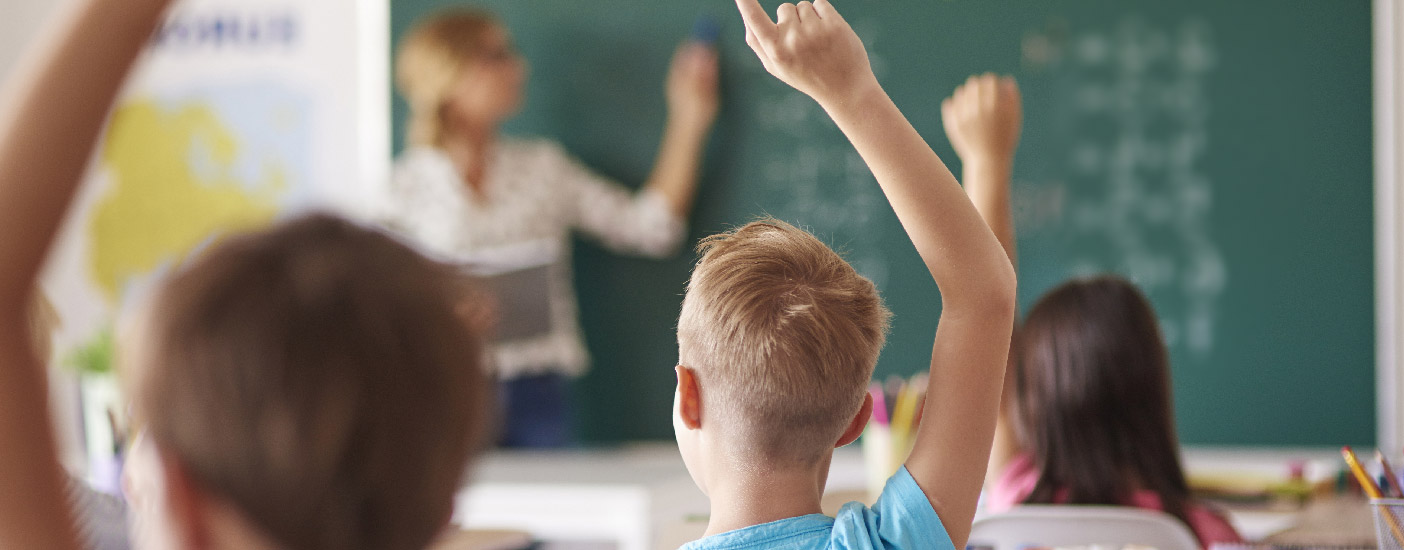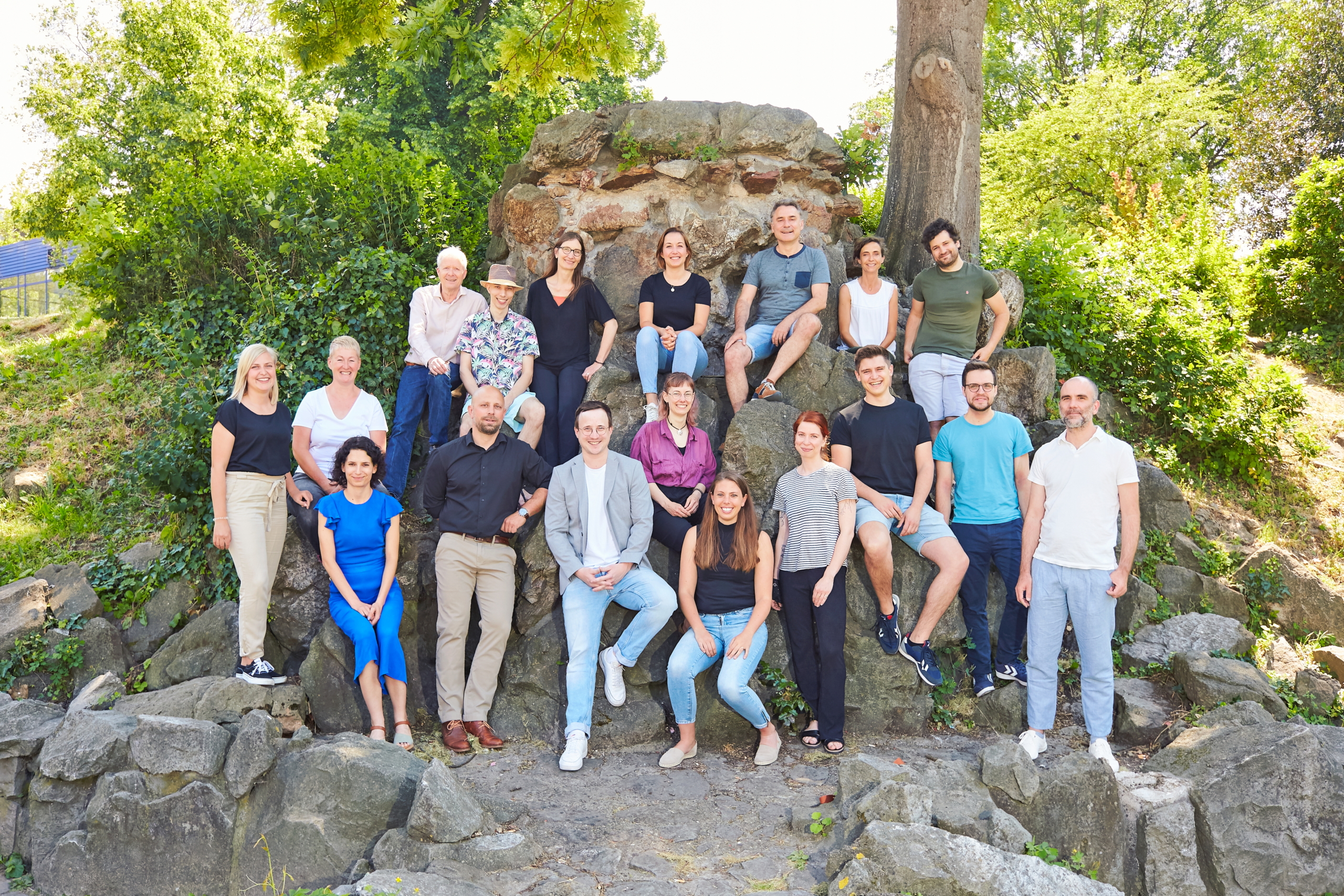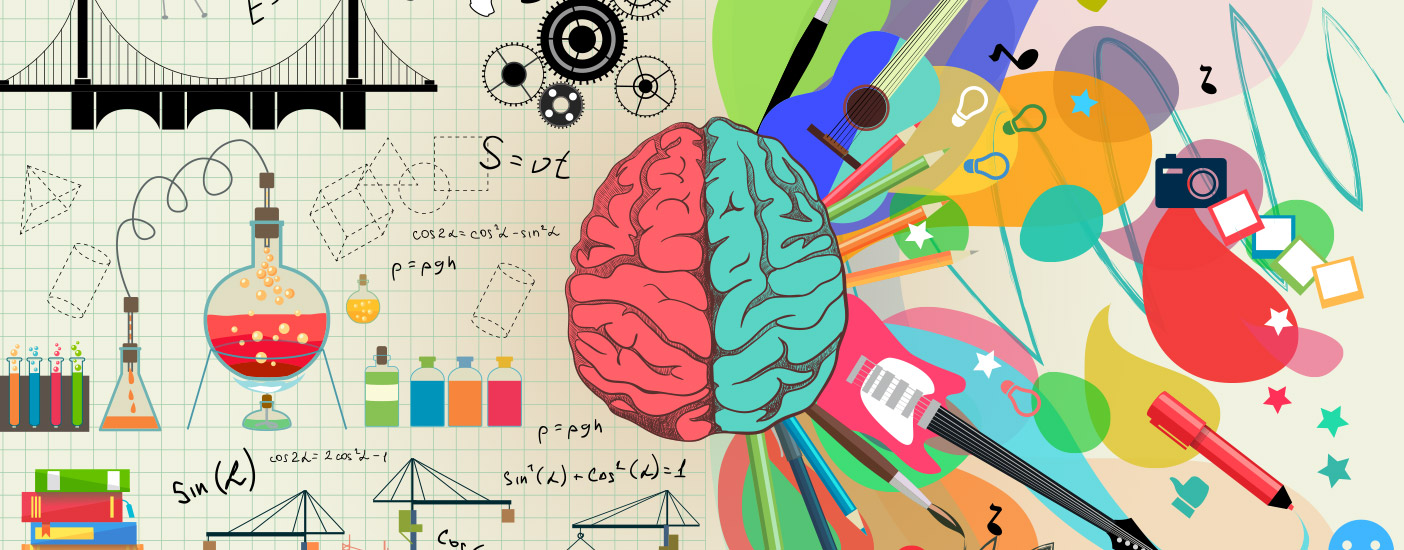Welcome!
In research and teaching, our Department of Educational Science contributes to promoting educational processes and qualifying people for activities in education. In research, we investigate conditions, processes, and outcomes of teaching and learning within and outside educational institutions from the perspectives of educational psychology and developmental psychology.
In teaching, we offer the Bachelor’s degree program in Educational Science and Educational Management, the Master’s degree program in Educational Science – Teaching and Learning, and the educational science courses in the two-major Bachelor’s degree with teaching option and in the Master of Education. Our degree programs regularly rank in the top group in CHE rankings. All degrees are taught in German.
Latest publications
Obergassel, N., Renkl, A., Endres, T., Nückles, M., Carpenter, S. K., & Roelle, J. (2025). Combining generative tasks and retrieval tasks. Journal of Educational Psychology, 117(6), 980–997.
Ernst, H. M., Wittwer, J., & Voss, T. (2025). When accuracy does not make a difference — The relationship between future teachers’ self-assessment accuracy, quality of learning material and subsequent topical interest. Unterrichtswissenschaft. Advance online publication.
Beißert, H., Mulvey K.L., Bonefeld, M. (2025). Adolescents’ openness to include refugee peers in their leisure time Activities. Social Sciences.
Bonefeld, M., Turgut, M.; Beißert, H. (2025). Reaktionen von Lehrkräften auf schulisches Fehlverhalten: Die Rolle des Schüler*innen-Geschlechts. Psychologie in Erziehung und Unterricht.
Fehringer, B.C.O.F.*, Bonefeld, M.*, & Schunk, F. (2025). Bias awareness in teachers: A German adaptation of the bias awareness scale for teachers. Social Psychology of Education, 28(1), 71. *shared first co-authors
Bönke, N., Kunter, M., & Voss, T. (2025). Teachers’ professional beliefs made a difference for instructional quality in distance learning during the COVID-19 pandemic. Zeitschrift für Pädagogische Psychologie. Advance online publication.
Schulz, J., Miyamoto, A., Nückles, M. (2025). Navigating the academic road with an empty tank? The impact of financial and time scarcity mindsets on students’ sense of agency. International Journal of Educational Research.
Ernst, H., M., Prinz-Weiss, A., Wittwer, J., & Voss, T. (2025). Discrepancy between performance and feedback affects mathematics student teachers’ self-efficacy but not their self-assessment accuracy Frontiers in Psychology, 15, 1391093.
Hans, S., & Voss, T. (2025). Lernstandserhebungen: Mehrwert oder nur Mehraufwand? Zeitschrift für Erziehungswissenschaft, 28(1), 181-203.
Miyamoto, A., Gauly, B., & Zabal, A. (2024). Gender differences in literacy in PIAAC: do assessment features matter?. Large-scale Assessments in Education, 12(1), 21.
Steininger, T. M., Wittwer, J., & Voss, T. (2025). Learning relational categories: Benefits of blocking, classification, and subject-specific examples. Psychology Learning & Teaching. Psychology Learning & Teaching, 24(1), 38-59.
Zeeb, H., & Voss, T. (2025). Fostering preservice teachers’ research-related beliefs and motivation with growth mindset and utility value interventions. Motivation Science, 11(1), 84–100.
Golke, S. & Wittwer, J. (2024). Informative narratives increase students’ situational interest in science topics. Learning and Instruction. Advance online publication.
Nückles, M. (2024). Quo Vadis Lehr-Lernforschung? Versuch der wissenschaftstheoretischen Verortung eines transdisziplinären und multiperspektivischen Forschungsfeldes. Unterrichtswissenschaft. Advance online publication.
Wimmer, L., Currie, G., Friend, S., Wittwer, J., & Ferguson, H. J. (2024). Cognitive effects and correlates of reading fiction: Two preregistered multilevel meta-analyses. Journal of Experimental Psychology: General. Advance online publication.
Wimmer, L., Currie, G., Friend, S., Wittwer, J., & Ferguson, H. J. (2024). Cognitive effects and correlates of reading fiction: Two preregistered multilevel meta-analyses. Journal of Experimental Psychology: General. Advance online publication.
Bönke, N., Klusmann, U., Kunter, M., Richter, D., & Voss, T. (2024). Long-term changes in teacher beliefs and motivation: Progress, stagnation or regress? Teaching and Teacher Education, 141, 104489.
Wittwer, J., Hans, S., & Voss, T. (2023). Inclusion of autistic students in schools: Knowledge, self-efficacy, and attitude of teachers in Germany. Autism. Advance online publication.






